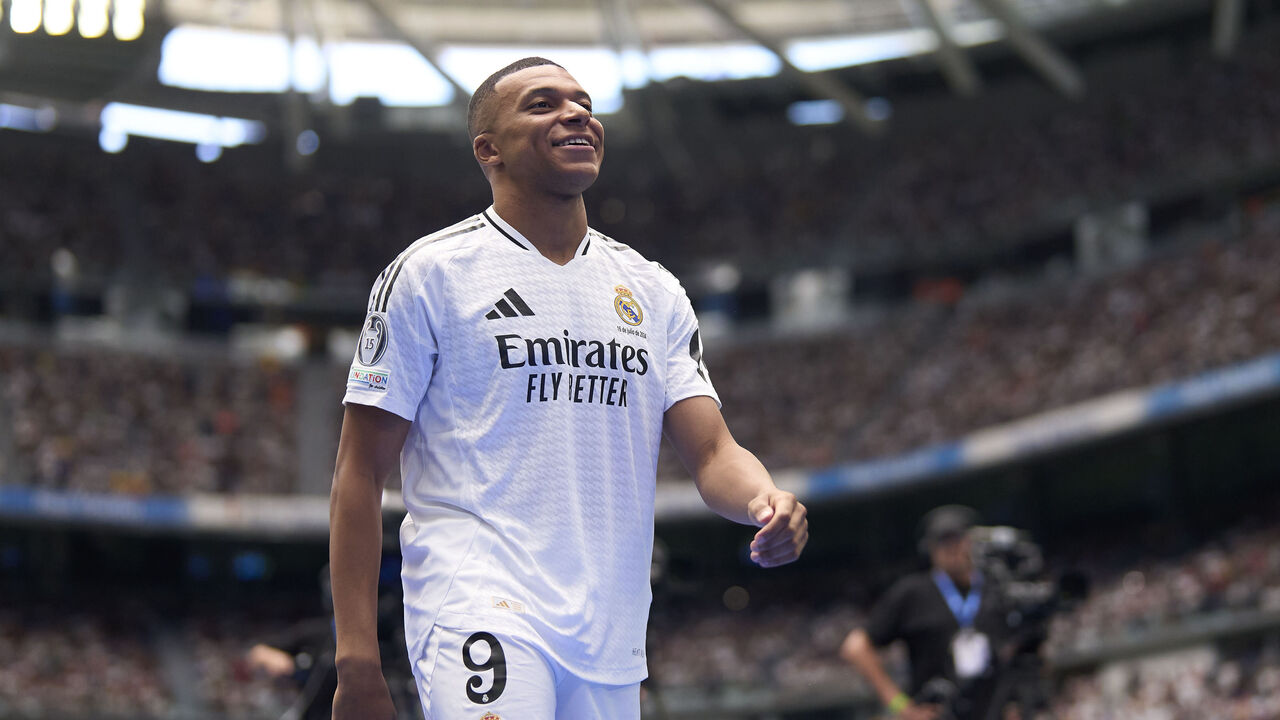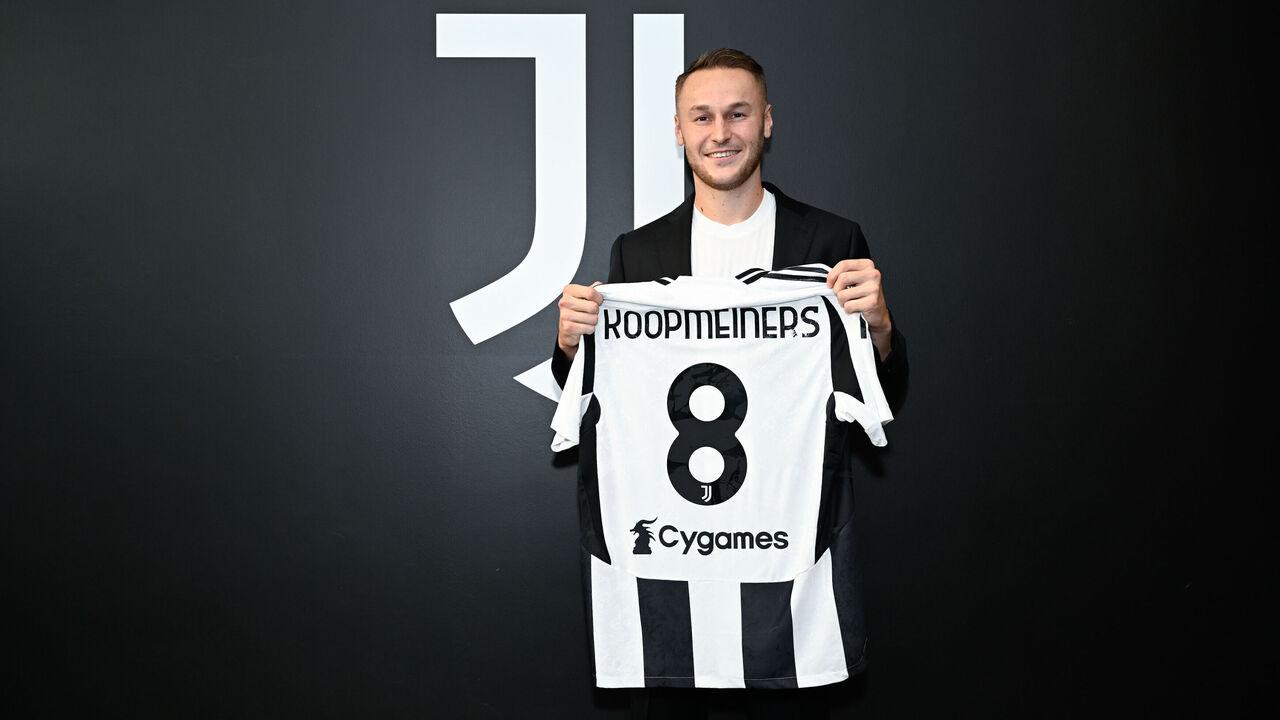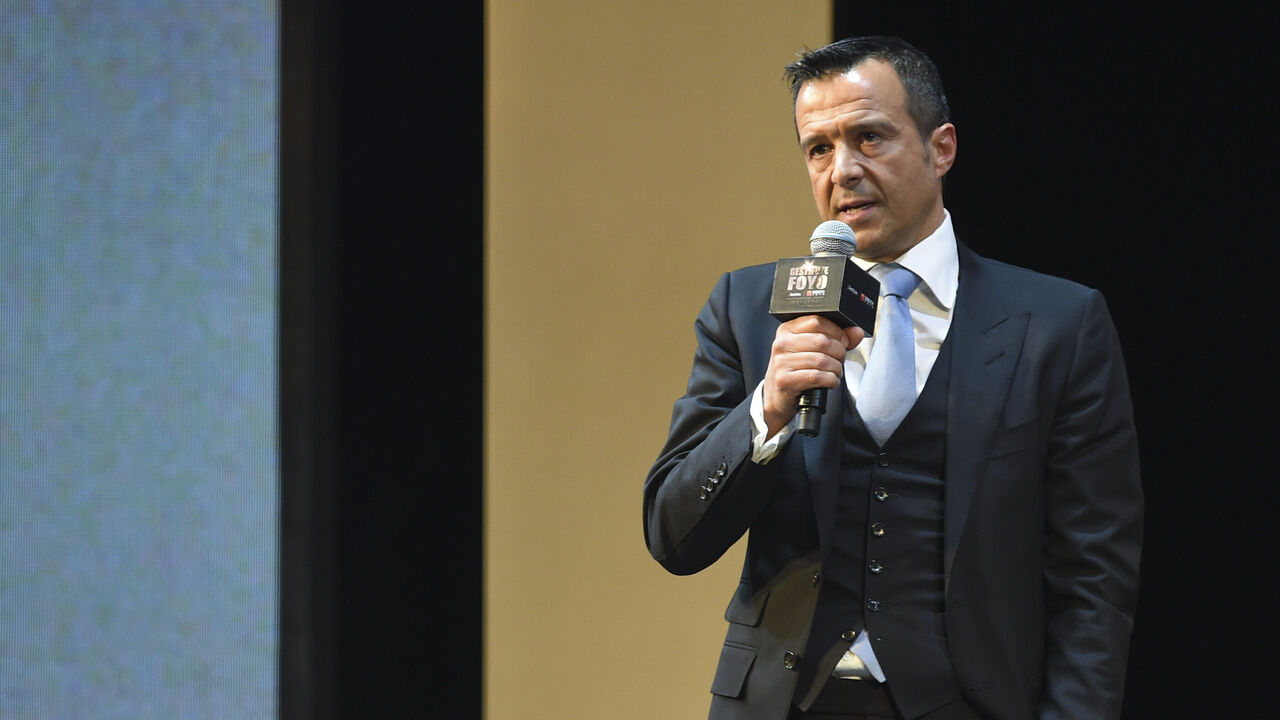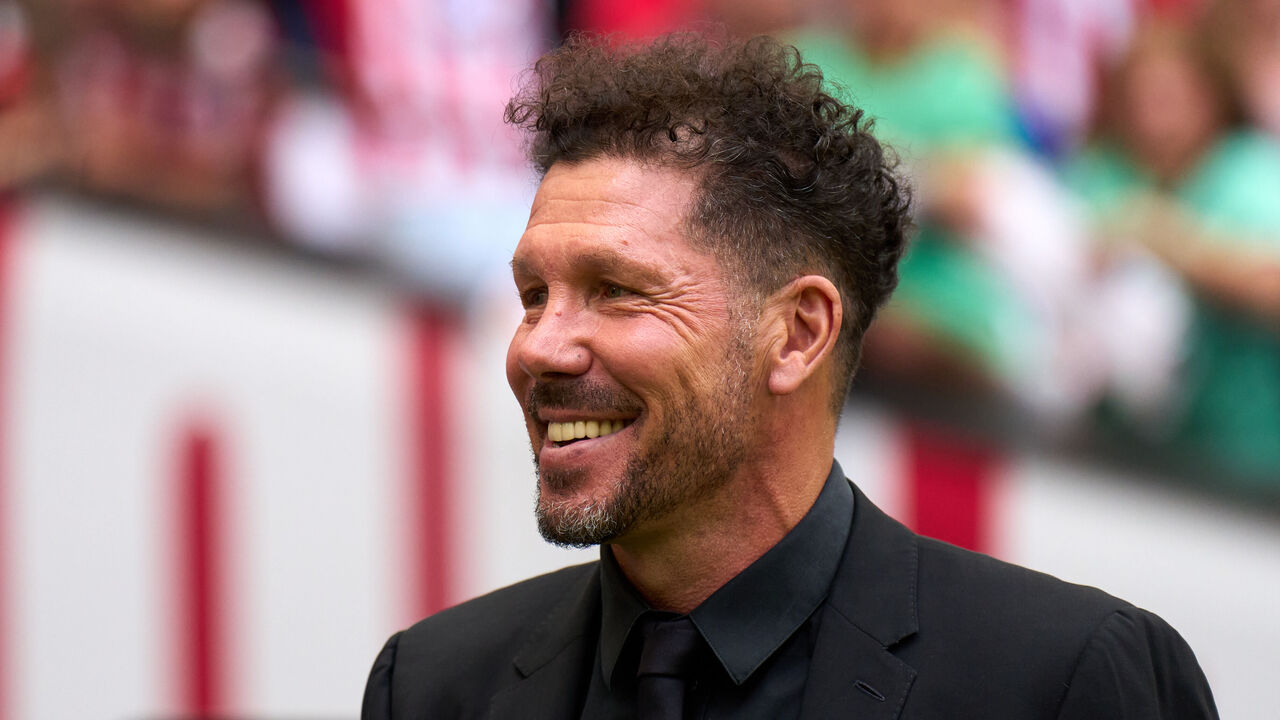Another opulent transfer window is officially in the books for Europe’s top leagues and clubs. Below, theScore picks out the biggest winners and losers from a hectic summer signing period.
Winner: Kylian Mbappe
Alright, fine, he hasn’t exactly hit the ground running at Real Madrid – questions about his tactical fit and suitability playing through the middle remain rife as he continues to wait for his first league goal – but let’s not overthink this one too much.

Mbappe got the move to Real Madrid he’s always dreamed of, collected a €150-million signing bonus in the process, and will now be the face of arguably the biggest club in the world for the next several years. Paris Saint-Germain have actually done an admirable job rebuilding without him, and, of course, Florentino Perez can add this to his list of great coups, but the French superstar himself is the biggest winner of the summer’s top deal.
Losers: Chelsea
Chelsea and Todd Boehly stayed true to themselves right up until – and beyond – the closure of the window. Did any of it make sense? No. But do you have to respect the commitment to the bit? Also no. The Blues continued to hoard assets for seemingly no other reason than the thrill of the chase.
They didn’t need Pedro Neto or Kiernan Dewsbury-Hall, but they spent £84 million on them anyway. Joao Felix’s previous loan spell was an unmitigated failure, so they went one better and signed him outright. They splashed over £200 million on new faces, including, for some reason, a last-second move for Jadon Sancho, which should be announced any minute. Yet they aren’t demonstrably better because they still don’t have a certified No. 9 or a legitimate No. 1 goalkeeper even though, you guessed it, they signed more of those, too. Chelsea couldn’t land Victor Osimhen and, in a fitting end to the window, gave Raheem Sterling away for free to league and city rivals Arsenal. They’re even paying a huge portion of his salary without negotiating any purchase option because they kicked him out of the squad and lost all their leverage. Incredible stuff.
Winners: Juventus
Juventus had to sell some promising young players to make all the pieces fit financially – in an ideal world, Matias Soule and Dean Huijsen would still be at the club – but those were necessary, if unfortunate, sacrifices to ensure Cristiano Giuntoli could embark on a massive overhaul and give new manager Thiago Motta the squad he needs. The end result, unquestionably, is a team that’s deeper and far better technically than it was last season.

The midfield is reloaded, with Douglas Luiz, Khephren Thuram, and, eventually, primary target Teun Koopmeiners arriving. Nico Gonzalez and Francisco Conceicao bring creativity and excitement out wide, while Michele Di Gregorio is the type of ball-playing goalkeeper who provides a solid foundation for all of Motta’s buildup play. Juventus shed several burdensome contracts, reduced the overall age of the first team, and, ultimately, got better and deeper across the board on paper. Now they have to challenge Inter for the Scudetto and show that “winning” the summer window wasn’t in vain.
Losers: Barcelona
Barcelona spent most of the summer publicly chasing Nico Williams, only to come up empty-handed. They then had to shift gears to his compatriot Dani Olmo, ultimately paying €60 million for a player they developed at La Masia and then let go. Then, of course, the financially unstable club spent the rest of the window scrambling to cut bodies and costs in order to actually register the Euro 2024 standout. They did, barely, but not before shedding some young assets for below market value in a panic. Barca are lucky Chelsea are around to take the bulk of the ridicule, otherwise Joan Laporta’s questionable decisions would be more front and center. He inherited a disaster upon his return, sure, but he’s compounded the issues instead of fixing them.
The only saving grace for Barca, as always seems to be the case, is that the latest crop of La Masia graduates looks capable of bailing the club out. Good thing, too, because the transfer market is only providing pain.
Winner: Jorge Mendes
The rich get richer. Gestifute, Mendes’ agency, brokered several huge deals this summer. The Portuguese superagent continues to dunk on work with Chelsea at great personal benefit, with Pedro Neto and Felix getting permanent moves to Stamford Bridge and bringing in hefty commissions. Another of his favorite partners, PSG, spent big on Portuguese sensation Joao Neves, while Leny Yoro and Manuel Ugarte joined Manchester United.

Joao Cancelo went to Saudi Arabia, and Mendes’ was key in brokering Francisco Conceicao’s initial loan to Juventus, working with the Italian side and Porto to ensure there’s the framework of a gentleman’s agreement to possibly make the deal permanent next summer. If one of the top players in Europe changed clubs, Mendes was likely involved.
Loser: Everyone involved in the Osimhen saga
What a mess. A totally avoidable one, at that. Napoli wanted to sell Osimhen. He’s been available since January. The Nigerian striker, having felt he brought all he could to the Italian club after leading them to a drought-ending Scudetto two years ago, wanted a new challenge elsewhere. Several clubs with deep pockets, including Chelsea, Paris Saint-Germain, Arsenal, and Saudi Arabian sides, were interested. A couple of them, Chelsea and Al-Ahli, were deeply engaged in negotiations right until the final minutes of the transfer window. Somehow, nothing materialized. Chelsea whiffed, and Al-Ahli signed Ivan Toney.
Instead of landing a huge transfer fee for someone who was so instrumental to one of the club’s greatest triumphs and giving him the send-off he deserved, Napoli are now stuck with a disgruntled striker who isn’t part of Antonio Conte’s plans; Osimhen has been left out of the squad, with Romelu Lukaku, a vastly inferior player, getting his No. 9 shirt. The player is worse off. The club is worse off. And, selfishly, we have to do this dance all over again in the January transfer window. There are no winners here.
Winner: Diego Simeone
Not content playing third fiddle to Real Madrid and Barcelona, Atletico Madrid made a huge splash this summer. Julian Alvarez was the window’s most expensive signing, based purely on transfer fee, arriving from Manchester City in a deal that could eventually be worth €95 million. Conor Gallagher, the type of tireless, hard-working midfielder built in a lab specifically to play for Simeone, joined from Chelsea, with Atletico essentially sending high-priced flop Felix the other way and finally getting out from underneath that albatross of a contract. Robin Le Normand and Alexander Sorloth help to reinforce the spine of the side, while Atletico also bid farewell to several veterans on large wages who were contributing little on the pitch.

After a couple lean years on the market, this was a surprising, but very welcome, spending spree from Atletico, who are looking to unseat their illustrious rivals at the top of La Liga for the first time since 2021.
Losers: Last year’s fairy-tale teams
It’s both sad and predictable, but the likes of Girona, Bologna, Atalanta, and Stuttgart, four clubs responsible for some of the most inspiring and unexpected successes of the 2023-24 campaign, got picked apart this summer. The modern game, cold and cruel, has no time for romance. Girona lost La Liga’s top scorer, Artem Dovbyk, to Roma, with the Ukrainian forward calling his former club “small” on the way out. Ouch. Savinho, caught up in the murky world of multi-club ownership, also departed, joining Manchester City. Bologna were powerless against the riches of the Premier League, losing breakout defender Riccardo Calafiori and young forward Joshua Zirkzee to Arsenal and Manchester United, respectively. Atalanta played a game of chicken with star midfielder Teun Koopmeiners and lost, eventually sending him to Juventus. And Stuttgart, whose second-place Bundesliga finish was largely overshadowed by Bayer Leverkusen’s historic campaign, bid farewell to Serhou Guirassy, Waldemar Anton, and Hiroki Ito.
Squad turnover is inevitable. This is simply the way things work in modern football, and, from a player perspective, we should celebrate each of them getting big transfers and paydays on the back of breakout seasons. But it’s also fair to lament the fact that each of these clubs will head into the Champions League this season without the players who helped get them there in the first place.






